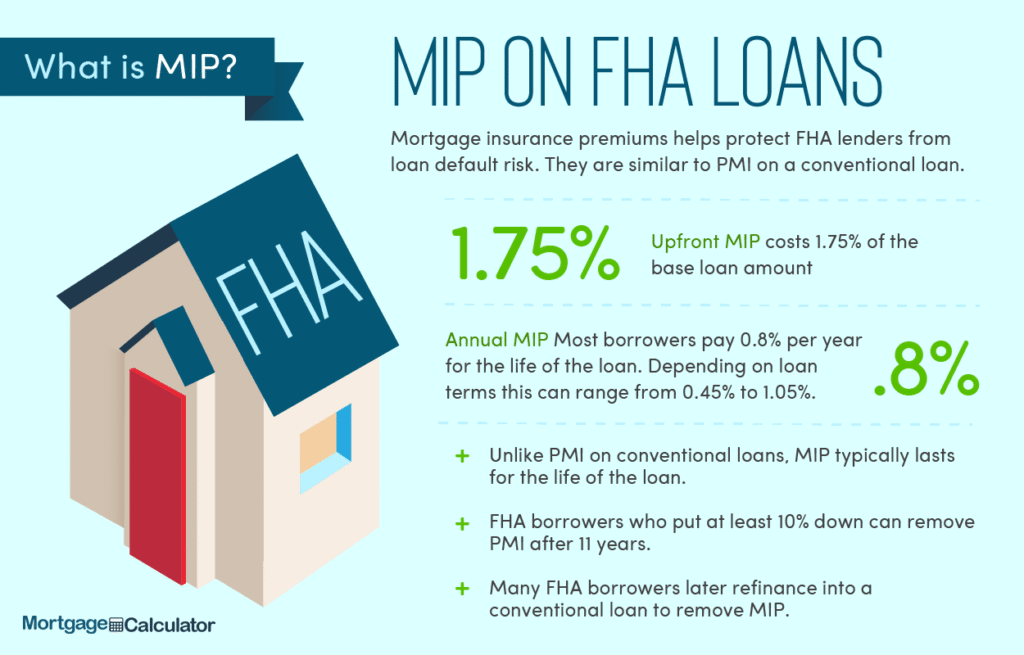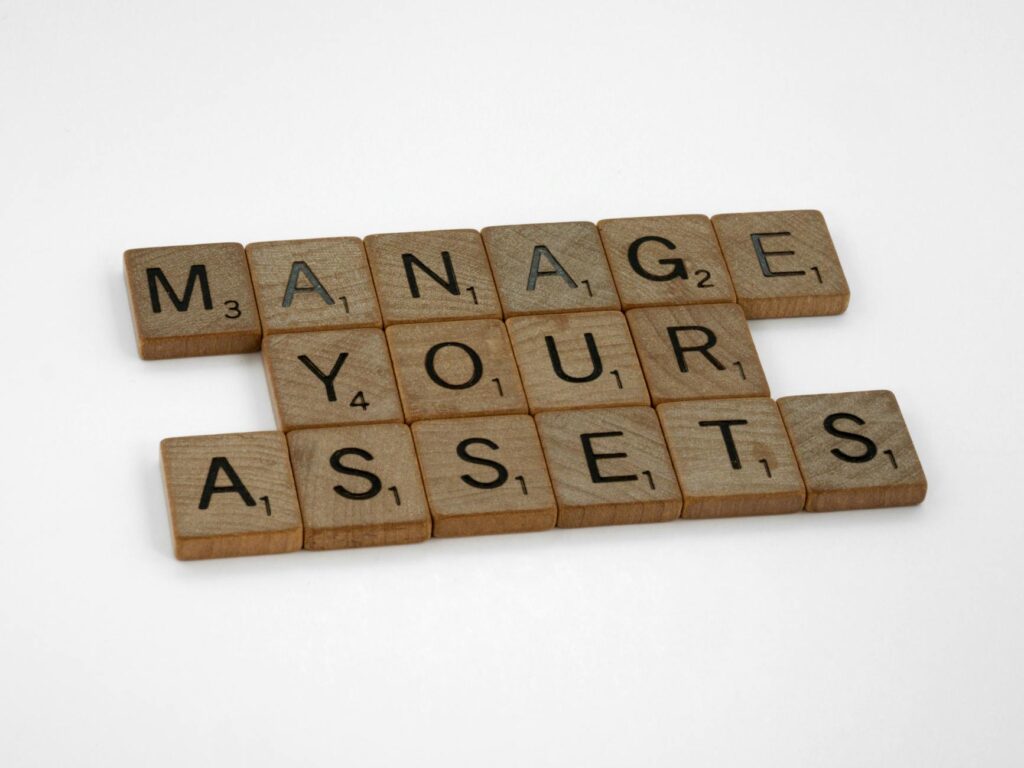The process of selecting the right advisor for a high-net-worth individual involves careful consideration. Given the complexity and diversity of their portfolios, it’s essential to choose a professional who can navigate the intricate landscape of wealth management. This guide outlines essential criteria and considerations for making this critical decision.
Understand Your Financial Goals
Before beginning your search for an advisor, it’s imperative to have a clear understanding of your financial goals. Whether planning for retirement, looking to invest in the stock market, or securing your family’s future, your objectives will dictate the type of advisor you need.

Evaluate Credentials and Experience
The importance of an advisor’s credentials cannot be overstated. Look for certifications such as Certified Financial Planner (CFP) or Chartered Financial Analyst (CFA) among potential candidates. Additionally, experience in handling wealth comparable to yours is crucial.
Consider Their Investment Philosophy
It’s important that your advisor’s investment philosophy aligns with your own risk tolerance and financial objectives. Discuss their approach to managing investments and ensure it matches your expectations.
Review Their Fee Structure
Understanding how an advisor is compensated is vital. Whether it’s a flat fee, an hourly rate, or a percentage of assets under management, choose the structure that aligns with your preferences and financial situation.
Ask for References
Ask potential advisors for references from clients with similar financial profiles and goals. Speaking to current clients can provide invaluable insights into the advisor’s performance and client service.
Assess Their Communication Style
Your advisor should offer regular updates and be accessible when you have questions or concerns. Make sure their communication style and frequency meet your expectations.
Technology and Reporting
In today’s digital age, having access to advanced technology for tracking your investments and financial health is essential. Inquire about the reporting tools and software the advisor uses.
Check Their Regulatory Record
Conduct a thorough background check to ensure the advisor has a clean regulatory record. This can be done through various online resources dedicated to financial professional oversight.
Understand Their Network
A well-connected advisor can provide added value by giving you access to a network of professionals such as lawyers, accountants, and tax experts.
Determine Compatibility
Beyond credentials and experience, personal compatibility is essential. You should feel comfortable discussing your finances openly with your advisor.
Plan for Succession
Consider the long-term stability of the advisory relationship. Ask about succession plans to ensure continuity in managing your wealth.
Evaluate Their Performance
Request performance data and benchmarks relevant to your investment goals. Be wary of guarantees of high returns; focus instead on consistent performance aligned with your objectives.
Privacy and Security Measures
Ensure that your advisor has stringent measures in place to protect your financial information and privacy.
Alignment with Your Values
For those emphasizing ethical or socially responsible investing, it’s important to choose an advisor who can align your portfolio with your values.
Global Perspective
If your investment interests are global, ensure your advisor has experience and knowledge in international markets.
Exclusive Offerings
Some advisors may provide access to exclusive investment opportunities not available to the general public. Consider whether this is important to you.
Consider a Team Approach
A team of professionals can provide a comprehensive approach to managing your wealth, drawing from a range of expertise.
Final Thoughts
Selecting the right financial advisor is a journey that requires diligence, research, and introspection about your financial needs and goals. By taking the time to carefully evaluate prospective advisors, you ensure that your wealth is in capable hands.

Frequently Asked Questions
How often should I review my financial goals with my advisor? It’s recommended to review your financial goals annually or as significant life events occur.
Is it necessary to work with an advisor who specializes in high-net-worth clients? While not strictly necessary, advisors who specialize in managing high-net-worth portfolios are likely to offer more tailored advice and services.
How can I verify an advisor’s credentials? Credentials can be verified through respective certifying organizations’ websites or through financial regulation authorities.
What’s the importance of a clean regulatory record? A clean record indicates that the advisor has not been disciplined for unethical or unprofessional behavior, suggesting a higher degree of trustworthiness and reliability.
Can I change advisors if I’m not satisfied? Yes, you should feel free to change advisors if your needs are not being met or if your financial goals have evolved.


